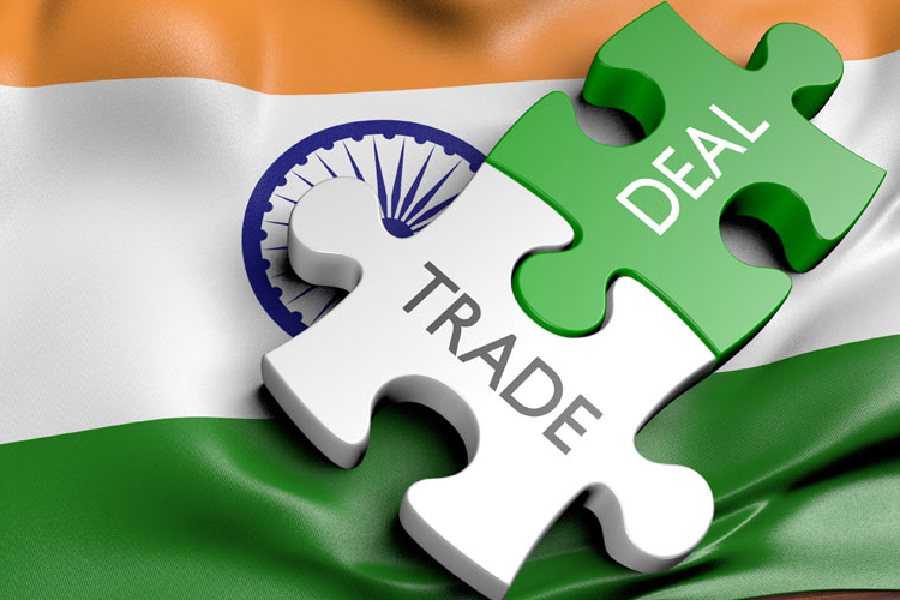India needs to sign many more Free Trade Agreements(FTAs) with other countries and reduce tariffs to compete with the rest of the world, Niti Aayog CEO BVR Subrahmanyam said on Friday.
Addressing the captains of the Indian industry at a CII Annual Business Summit, Subrahmanyam said the government should not protect any sector from competition.
"I think we should be very, very confident about our capabilities about India actually being able to be competitive with the rest of the world," he said.
India has just one insurance company among the world's top 50, while there are only two banks in the list of global top 100, Subrahmanyam said.
"I think we should go for very low tariffs. India should sign many more FTAs," he said.
Asserting that Indian companies can be on a par with their counterparts of the rest of the world, Subrahmanyam said, "We should not try to protect anybody. Sectors that have protected themselves end up getting more ambassador cars." Subrahmanyam noted that the Indian industry and services will grow and will live up to the potential only if "we trade more".
He also cautioned against protectionism and highlighted the need for India to get into global value chains (GVCs) to boost exports and secure supply chains.
"Let wind come from all sides, from multiple doors, multiple windows. The breeze will blow outwards also," he said.
The Niti Aayog CEO also called for greater private capital into the sector.
"I think private investment in infrastructure is not there. We need to come up with new models and arrangements in which private capital is enthused into investing in infrastructure.
"That will also require a lot of improvements in contract management, dispute resolution, and in fast-tracking our legal processes," he said.
According to him, anybody who has run into a situation where they feel that legal redress will take 3-5 years, that is a cost.
"And that automatically is a disincentive," Subrahmanyam said.
Except for the headline, this story has not been edited by The Telegraph Online staff and has been published from a syndicated feed.











